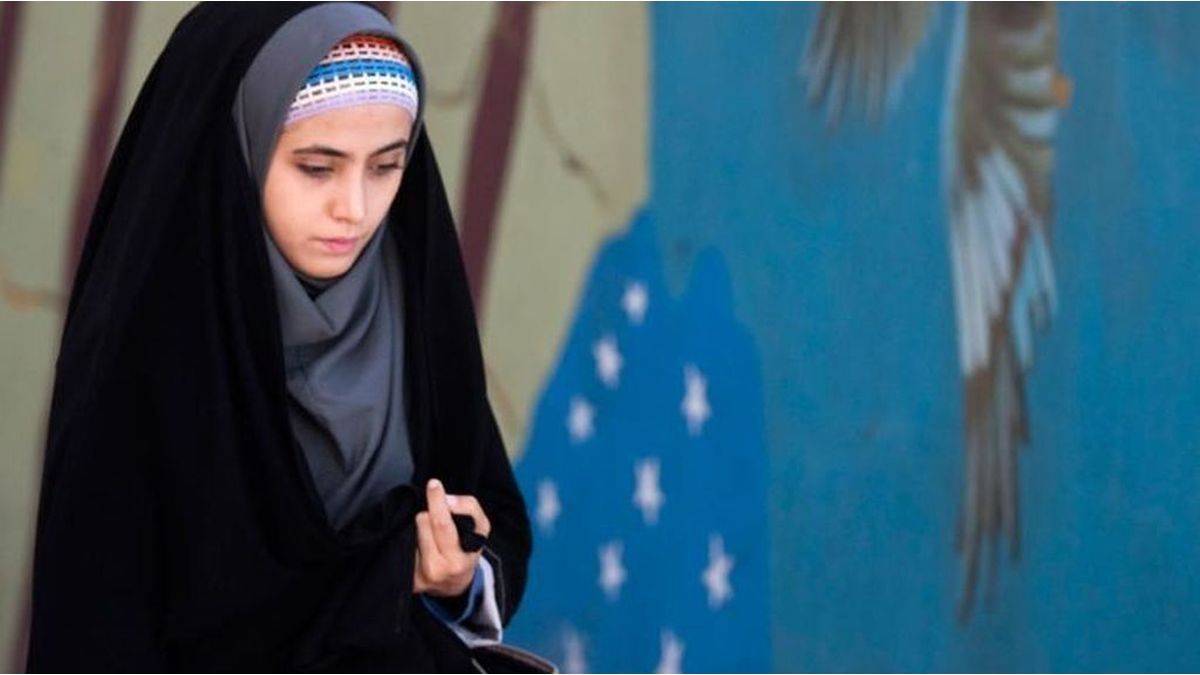A Iran court condemned this Friday at one women to two years in prison for publishing several photos in which She was not wearing the veil.
The woman, identified as Zeinab Jeniabpuris a resident of Behbahan, in the province of Khuzestan, in the southwest of the country.
The lawyer’s statement
“My client has been sentenced to two years in prison by a court in Behnahan for the publication in cyberspace of images in which she is not wearing the hijab,” explained Chater Sefid, the convicted woman’s lawyer, in statements to HRANA, an organization made up of activists and based in the United States, reported the Europa Press news agency.
The woman’s background
His trade food It was closed in December 2022 for participating in a strike in support of the demonstrations over the death of the young Kurdish woman Mahsa Amini, the young woman who was visiting Tehran with her family when she encountered the well-known morality police for wearing her Islamic veil incorrectly and died after being detained.
Jeniabpur had already been previously sentenced to three months in prison by a Mahshahr court for “propaganda against the regime”.
Why women have to wear veils
The president of Iran, Ebrahim Raisidescribed Amini’s death in September 2023 as “an incident” and reiterated his accusations against Western countries for “a hybrid war” against Tehran for the event.
From the Islamic Revolution of 1979, the use of the veil is mandatory in Iran for all women, even if they are foreigners. Everyone must hide their hair in public.
These last few months, every time more women have appeared in public without veils, following the protest movement triggered by Amini’s death. In the face of acts of disobedience by women regarding the use of the veil, The authorities announced the carrying out of more controls, especially with surveillance cameras. They also arrested actresses who posed without hijab on social networks.
In September 2023, Parliament voted in favor of a bill to toughen sanctions and punishments against women and girls who violate the strict dress code in the country, including the mandatory use of the veil, a draft that came to be called “gender apartheid” by United Nations experts.
The repression of the demonstrations has already claimed 500 lives, according to various non-governmental organizations.
Source: Ambito




